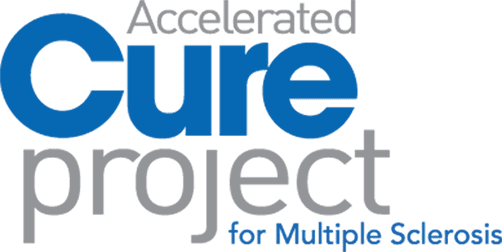Traditionally, caregivers have generally played a peripheral role in research. However, their perspective is vital in every step of the research process. Increasing the number and impact of caregiver-focused studies are important goals, too. ACP has a number of ongoing activities aimed at relieving caregiver burden and increasing the voice of this important population in research, including both MS-focused and caregiver-focused studies.
Why is caregiver-focused research so important? Caring for a loved one with MS is a 24/7 job that can span decades. Those providing support are often so focused on their partner’s needs they may not have time, or think to take care of their own. It’s important to investigate caregiver health and burden, as well as coping mechanisms and strategies. Learning more about these important topics will help sustain a vital relationship that is the backbone of many families.

MS caregivers live the experience of the disease. They are the closest and most constant observers of people with MS. Their knowledge of side effects, as well as physical or cognitive changes, and how these affect functioning and quality of life is second to none.
It’s non-stop, it’s unrelenting and we have to respond and adapt and do the best we can.
Care Partner Advisory Panel Participant
How can a caregiver’s point of view improve MS research?

ACP is partnering with caregivers to ensure their important insights are included in research. iConquerMS Caregivers gives individuals in this role the opportunity to participate in the design and conduct of research by sharing ideas about research topics that they care about, contributing health information to the pool of data that researchers use as a resource, and discovering research opportunities to enroll in. iConquerMS Caregivers integrates the caregiver perspective into research on two dimensions – both as an observer and partner to the person living with MS (providing valuable input on their partner’s status throughout the research process), and as a person with their own needs and priorities (facilitating research that’s focused on caregiver wellbeing).

Patient-focused drug development (PFDD) is a systematic approach to ensure that patient and caregiver experiences, perspectives, needs and priorities are captured and meaningfully incorporated into drug development and evaluation.
As part of the Care Partner Protocol, the CPAB is working to identify the resources that caregivers feel they’ve needed throughout their journey. This phase of work is primarily focused on spotlighting resources that already exist, making sure people are aware of them and making it easier to find them by bringing them together in a centralized location. In the future, the group may broaden this work to include developing new resources. Want to help shape the Care Partner Protocol? We’ve developed a short survey to gather the insights of MS caregivers for this important source of information.
ACP’s Care Partner Advisory Board (CPAB) is an 8-member team representing a wide variety of care partner roles, including spouses to those living with MS, a parent with a young adult daughter who was diagnosed with MS in her teens, and a woman who has provided the primary caregiving for her mother since childhood. The CPAB is working to develop a “Care Partner Protocol,” which will be an online collection of resources to support MS caregivers at all stages of their journey.

Every day we wake up is a good day in our family. Every day that she is able to continue to do what she loves is a wonderful day.
Care Partner Advisory Panel Participant
ACP is in the process of designing a Carepartner Protocol website, where people can access the resource. Two health care providers will pilot the experience of sharing the website with the caregivers they see in their practice, to assess and improve the Protocol.
MS caregivers play an indispensable role in their loved ones’ lives. They may also play a pivotal role in research. Want to be a part of the movement to put patients and their caregivers at the center of research? If you are a care partner to someone with MS and haven’t already done so, please consider joining the iConquerMS community with your loved one today. By sharing your experience of the daily burden of disease, your interpretation of unmet needs, and the types of research questions most important to you, you can transform the research process from one directed by sponsors and investigators to one driven by the needs of patients and their caregivers. This change in momentum has the potential to improve healthcare and outcomes not only for people affected by MS, but for the general population.





